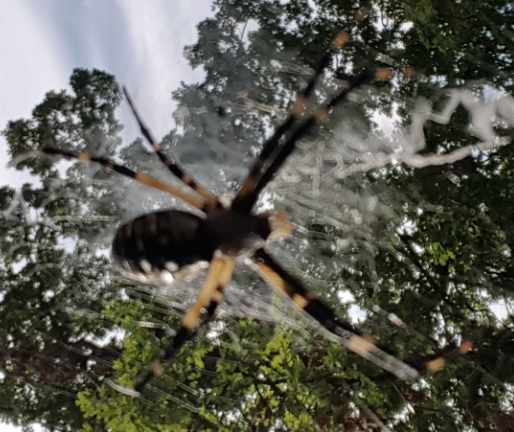^ I've also heard this, but fortunately I cannot personally confirm it to be true.
However, I CAN personally tell you that the smaller ones are more dangerous because they're pretty dumb about how they deal with humans. Larger rattlesnakes (~2 feet and larger) will give you a nice loud rattle, and try to get away/hide when they sense you approaching. On the other hand, the small ones either don't rattle, or it's too quiet to be effective. They also wait in place so long that by the time they move, they go straight into defensive strike mode.
I've also noticed that baby rattlesnakes will sometimes hang out in high traffic areas...seems to fit in with the picture above of one sunning itself on a tee pad! Generally the larger/older snakes are a bit smarter than that.
Personally, I'd recommend that you kill any rattlesnake that lets you get close enough to mess with it. I'm actually surprised to see people on these forums that want to be "nice" to rattlesnakes...sadly, your kindness won't necessarily be paid forward to the next disc golfer that happens upon that snake!
For anyone worried that killing a snake might be bad karma, I'd offer the following anecdote:
I killed a baby rattlesnake this spring (<1' long) that was chilling on the main path into Diamond X. The next day I got an ace on the same course. How's THAT for karma?


